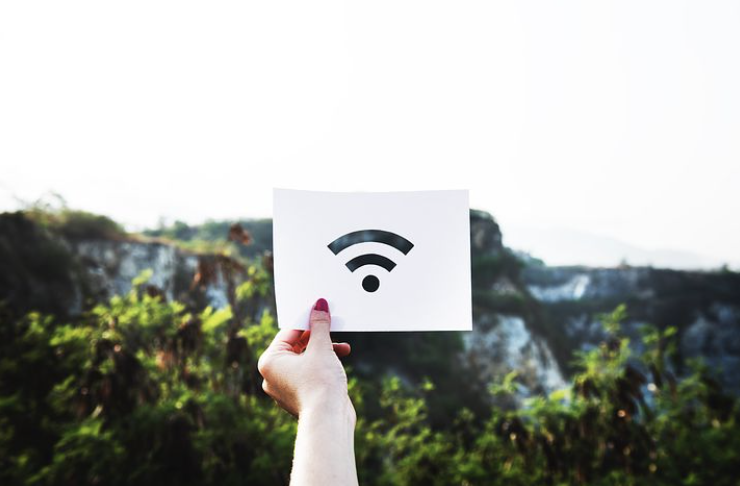Do you ever connect to public Wi-Fi spots?
The dangers are well documented and quite real but the fact remains, people do it all.the.time.
As cited in this Harvard Business Review story, three-quarters of people who participated in a study led by privatewifi.com admitted to connecting to their email while using public Wi-Fi. Using unprotected Wi-Fi leaves you especially vulnerable, no doubt. For an in-depth look at the dangers of using Public Wi-Fi, check out this Pixel Privacy post.
The effects of using unprotected Wi-Fi can be lasting and harmful. That’s why you should abstain from using public Wi-Fi altogether.
But despite the risks, we understand you might be unwilling to stop. So in light of this, here are three quick things to check on your computer before you connect to public Wi-Fi. That is unless you want some hacker reading all of your emails or, worse yet, infiltrating your computer and holding your files ransom.
And truly, while it’s OK to surf the web while connected, at the very least, you should never shop online, log into your bank or credit card accounts or access any other sensitive site. Deal?
- Turn File Sharing OFF: If you have File Sharing turned on on your computer and you connect to an unprotected Wi-Fi network, someone could connect to your computer and copy your files or drop malicious files onto your machine, which could then be used in a ransomware attack. Even if the public Wi-Fi you’re connecting to is password protected, like many hotels are of late, you still absolutely need to make sure file sharing is turned off. Mac users, the sharing settings is located in System Preferences; Windows users, you can find the settings in the Control Panel.
- Enable Your Computer’s Firewall: Unprotected Public Wi-Fi access points don’t generally have a firewall like your home Wi-Fi. Consider using a VPN for a more secure connection, but if you don’t, at the very least you should be sure to enable your computer’s firewall. For a Mac, you’ll find this under System Preferences > Security & Privacy > Firewall tab. For a Windows machine, locate the Start button > Windows System > Control Panel > System and Security > Windows Firewall.
- Use the REAL Hotspot: Don’t be afraid to ask the barista at the coffee shop the correct name of their Wi-Fi so you don’t accidentally connect to an Evil Twin set up by a thief. Same thing at your hotel or in the airport. Don’t fall victim to a fake hotspot set up by a cybercriminal just waiting to intercept your internet banking credentials, your credit card username and password and your email login info.
Additional Tips:
— You should always use SSL connections to any websites you’re using while on a public hotspot. Basically be sure you’re only visiting websites with HTTPS encryption when in public places instead of HTTP addresses, which don’t have the same level of protection.
— Install and keep your antivirus and malware apps/software up to date.
— Turn off the automatic Wi-Fi connectivity option on your cell phone so it doesn’t automatically connect to public Wi-Fi. Instead, just suck it up and buy the unlimited data plan and take away any temptation you might have to log on.
And speaking of publicly available services, we also suggest you stay away from using public charging stations to charge your phone or computer. Those outlets could be hacked and might be collecting information from your device as it charges, without you even knowing.
The bottom line is using public Wi-Fi gives identity thieves just another way to steal your identity.
Millions of Americans have their identity stolen every year, and they don’t know how to repair the damage.
If your identity was stolen, who would you call?
LibertyID provides expert, full service, fully managed identity theft restoration to individuals, couples, extended families* and businesses. LibertyID has a 100% success rate in resolving all forms of identity fraud on behalf of our subscribers.
*Extended families – primary individual, their spouse/partner, both sets of parents (including those that have been deceased for up to a year), and all children under the age of 25
In light of the recent Equifax breach, the bottom line is there’s really no better time than the present to sign up.
Are you covered for identity theft?
Get Covered
Image: Pixabay

